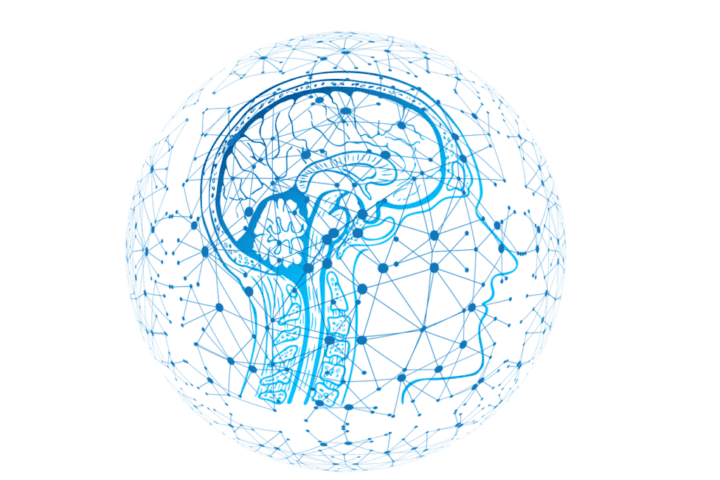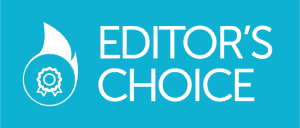According to a story from MarketWatch, the biopharmaceutical company MediciNova recently announced that the company’s product ibudilast was granted Orphan Drug designation by the FDA. The designation was granted for the drugs use as an add-on or adjunct therapy to temozolomide for the treatment of the rare and deadly brain cancer glioblastoma.
About Glioblastoma
Glioblastoma is a rare and highly aggressive brain cancer that primarily affects adults. Although generally considered rare, it is the most common cancer that originates in the brain. Generally, the cause of glioblastoma remains unclear. In a small percentage of cases, glioblastoma can develop from a less dangerous type of brain cancer called astrocytoma. Other risk factors include being male, prior radiation therapy, certain viral infections, pesticides, smoking, a career in rubber manufacture or petroleum refining, and certain genetic disorders. Symptoms appear suddenly and worsen rapidly and may include vomiting, seizures, headache, memory loss, nausea, loss of consciousness, or changes to mood and personality. Treatment may include radiation, chemotherapy, and surgery, but glioblastoma almost always relapses afterwards. Survival rates for this cancer are very poor as a result, with only about three to five percent of patients surviving for five years. To learn more about glioblastoma, click here.
About Orphan Drug Designation
Orphan Drug designation is limited to drugs that are intended for the treatment of diseases that are considered rare. This is defined in the US as any illness that affects 200,000 people or less. In addition, the therapy must demonstrate significant advantages in effectiveness or safety in comparison to currently available treatments. Alternatively, the drug must address a currently unmet medical need. The recipient company received several benefits from earning this designation, such as a seven year period of market exclusivity if the drug gains approval, the waiving of certain fees, and tax breaks.
About Ibudilast
Ibudilast is not a brand new, experimental drug. It first entered the market in 1989 in Japan and Korea. It has been approved as a therapy for a variety of illnesses and conditions, such as asthma and post-stroke complications. MediciNova also plans to test ibudilast as a therapy for progressive multiple sclerosis, substance abuse, and amyotrophic lateral sclerosis.







